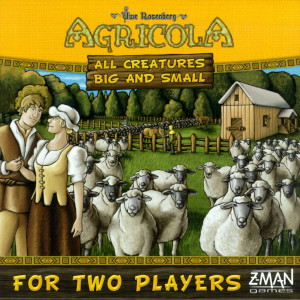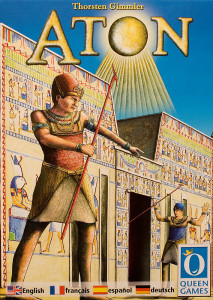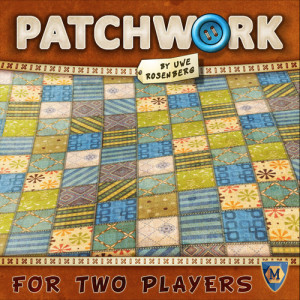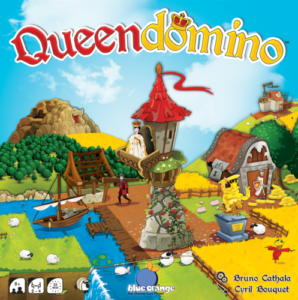- Learning time
- 10 minutes
- First play time
- 30 minutes
Jaipur
Designed by: Sébastien Pauchon
Jaipur is a two-player game where players are claiming resources, represented by chips. The game is a best-of-three rounds, with each round unfolding as a mini-battle of luck-pushing and sabotage…
Players begin with hand of cards each. If you’re dealt any camels, they must be placed face-up in front of you. Between you and your opponent are a row of five ‘public’ cards, and on your turn you either add more cards to your hand, or play cards to claim chips.
Getting cards is simple. You can take one for free, or you take as many as you like – as long as you replace them with camel cards, and/or cards from your hand. You might, for instance, dump three different-coloured cards in order to pick up three matching ones. Another option is to take all the camel cards on the tableau for free and place them in front of you – great to have these in the bank for later exchanges, but risky in that the shared row now fills up, giving your opponent first pickings. Although there’s no limit to how many camels you have, your hand size is a maximum of seven!
But cards are worthless, so at some point you want to change them into chips, discarding a set of cards to pick up matching-coloured chips – and the earlier you do this, the more points these chips are worth. But on the other hand if you cash in bigger sets, you pick up bonus chips as well – and can considerably boost your score in this way! Note too that of the six coloured chip sets, the value varies between them from the comparatively paltry brown to the very rewarding red.
When the cards are all gone or – more likely – three stacks of chips have been claimed, the round ends. The player with the most camels at that point also scores five bonus points, and player with most points-total claims the favor token. If it’s your second favor token, you win the game!
Joe says
Echoing Sam's thoughts, breezy is an excellent word to describe Jaipur. It's a gentle little two player game that really captures the sense of trading back and forth, without too much thinking required. It's certainly not as strategic as some, but a fun little game to play three rounds of in the late afternoon sunshine, while waiting for dinner to cook.
The guru's verdict
-
Take That!
Take That!
The whole game is like a meta social experiment in how many times you can furiously screech "Whaaaaat?!" at each other in twenty minutes. So yeah.
-
Fidget Factor!
Fidget Factor!
Very low
-
Brain Burn!
Brain Burn!
Low, but by no means absent.
-
Again Again!
Again Again!
Although Jaipur's experience doesn't vary a great deal, it's always a tense one, teeming with miniscule sub-plots.














Sam says
Jaipur came out over ten years ago and despite literally thousands of titles published in the interim, remains - usually - in print and is relatively easy to find. Probably because it's such a clever little game, with easily accessible rules and yet weighty enough decisions to remain interesting after multiple plays. It doesn't hurt that it's so breezy either, and packed with those delightfully agonizing yes!/no!!! moments when someone pulls off a move just before their opponent does. I like!